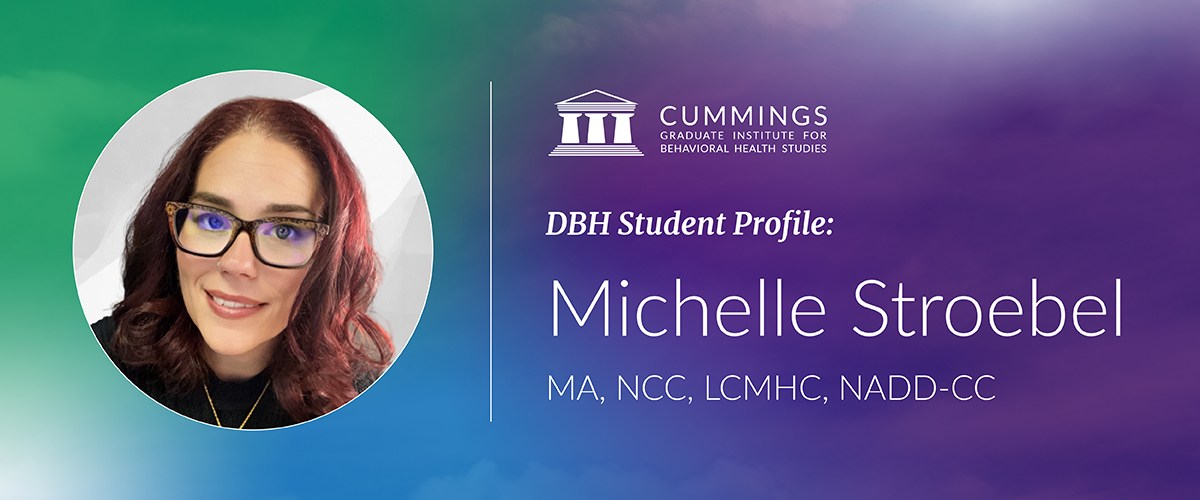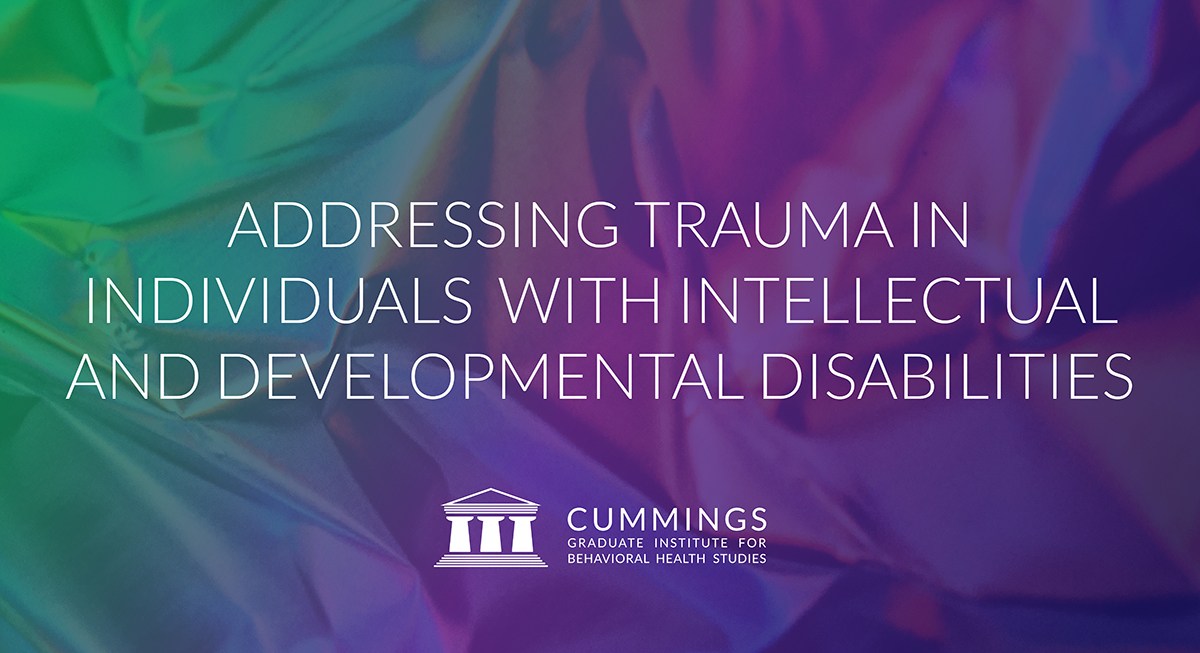 From Compassion to Action: Michelle Stroebel’s Vision for Redefining Integrated Behavioral Healthcare
From Compassion to Action: Michelle Stroebel’s Vision for Redefining Integrated Behavioral Healthcare
June 12, 2024
Michelle Stroebel is a healthcare game changer, co-founding Inspire Disruption, a training and consultation venture, with their husband to advocate and propel change within the behavioral healthcare industry. With a passion for transforming traditional healthcare delivery, Michelle challenges the ineffective and fragmented approaches, creating new, sustainable care models that enhance both efficacy and integration. As a Licensed Clinical Mental Health Counselor with over twenty years of experience, Michelle effectively combines compassion with cutting-edge, evidence-based solutions to promote person-centered and trauma-informed care, making a significant impact in patient outcomes. In addition to their work as a provider, Michelle extends their advocacy for innovative strategies to meet the complex needs of individuals through public speaking and consulting. With personal experiences in neurodiversity, stress, and anxiety, Michelle is on a mission to redefine integrated healthcare, making it more attuned to patient’s real needs and setting new standards for compassionate, effective care. In this interview, Michelle reflects on their transformative journey in the DBH program, shares their vision for the future of behavioral health, and sheds light on the impact of policy, insurance, leadership, and workforce education an training within healthcare reform.
How has the DBH program transformed your understanding of behavioral health, and in what ways has it influenced your career trajectory?
The DBH program has been a pivotal turning point in my understanding and application of behavioral health principles. Recently, the concept of ‘whole person health’ has gained widespread attention in healthcare circles, becoming somewhat of a buzzword. Like many others, I embraced this term, believing in my capacity to deliver comprehensive care.
Prior to my engagement with the program, my approach, albeit well-intentioned, lacked an appreciation for the intricate interplay between physical and mental health. More importantly, the role of unmet social needs as a catalyst for health disparities was a dimension I had not fully integrated into my practice. The DBH program illuminated these connections, offering me a robust framework to understand and address the multifaceted needs of individuals, especially within marginalized communities.
Additionally, the confidence I have gained through the DBH program extends beyond theoretical knowledge. My role as a connector and advocate for these individuals has become more pronounced, driven by a deep-seated commitment to fostering accessibility, equity, and comprehensiveness in care.
What do you believe has the potential to revolutionize the behavioral health landscape?
If we want to revolutionize the behavioral health landscape, we need to focus on three key points: integrated care, policy and insurance reform, and education and training. By integrating physical and mental health, we can address various health determinants and improve outcomes in diverse patient populations. This holistic approach ensures that all aspects of a patient’s health are considered, leading to more effective and comprehensive care. To do this effectively, we will need the other two approaches simultaneously. We need policy and insurance reform to support comprehensive healthcare coverage for all. This includes reducing administrative burdens on healthcare professionals, allowing them to focus more on patient care than paperwork. Policies should also promote parity between mental and physical health services, ensuring equal access and quality of care. Education and training are crucial for the successful implementation of integrated care. Healthcare professionals must be equipped with the knowledge and skills to address physical and mental health needs. Continuous professional development and training programs can help ensure providers are prepared to deliver high-quality care.
 Reflecting on your DBH journey, what valuable insights or skills have you gained that have significantly contributed to your life and career?
Reflecting on your DBH journey, what valuable insights or skills have you gained that have significantly contributed to your life and career?
Reflecting on my journey through the DBH program, it is clear this program has enriched my professional expertise and reshaped my identity as a healthcare provider. I am now more equipped than ever to deliver on the promise of integrated care, with a keen awareness of the social determinants of health and a steadfast dedication to addressing the needs of the most vulnerable patient populations. I am excited about the opportunities to apply these principles and continue making meaningful contributions to the behavioral health field.
What are your future career goals within the behavioral health sector, and how will the DBH program contribute to your success?
My future career goals include becoming a leader in developing and implementing innovative mental health programs and interventions, as well as training and educating the healthcare workforce. I aim to focus on increasing access to mental health services, particularly for underserved communities, such as patients with intellectual and developmental disabilities, and integrating behavioral health with primary care to provide holistic, patient-centered care.
The DBH program has significantly contributed to my success by providing advanced training in evidence-based practices and integrated behavioral health care. Through the DBH program, I have gained expertise in healthcare systems, program evaluation, and leadership, which are crucial for designing and managing effective behavioral health services. Specifically, CGI’s DBH program has allowed me to individualize my studies to focus on my preferred patient population, emphasizing real-world application and interdisciplinary collaboration. This has equipped me with the skills needed to address complex mental health issues and drive meaningful change in the field.
What is your view on the role of leadership in advancing behavioral health outcomes? And how has the DBH program has equipped you for leadership roles?
Leadership plays a critical role in advancing behavioral health outcomes by setting the vision and driving the implementation of effective and cutting-edge mental health strategies. Effective leaders inspire and motivate their teams, advocate for necessary resources, and foster collaboration across disciplines. They also influence policy changes, promote best practices, and ensure that services are patient-centered and culturally sensitive. Leadership in behavioral health is essential for addressing systemic challenges, reducing stigma, and improving access to care, particularly in underserved populations.
The DBH program has emphasized the importance of interdisciplinary collaboration, preparing me to work effectively with diverse teams and fostering a holistic approach to patient care. The leadership training in the DBH program has also enhanced my abilities in strategic planning, communication, and advocacy, enabling me to effectively lead initiatives that improve behavioral health outcomes.
Through their venture, Inspire Disruption, and advocacy for transformative change in behavioral healthcare, Michelle is reshaping the way we approach traditional healthcare delivery. With over two decades of experience as a Licensed Clinical Mental Health Counselor, Michelle doesn’t just talk the talk—they walk the walk by blending compassion with innovative solutions to improve patient outcomes. Their journey in the DBH program has equipped them with invaluable insights and skills, propelling their career forward and positioning them as a leader in the field, ready to lead the charge. Rooted in their personal relationship with neurodiversity, stress, and anxiety, Michelle is deeply committed to reshaping integrated behavioral healthcare delivery and setting new standards for efficacy and compassion.
Connect with Michelle Stroebel
Website: www.inspiredisruption.com
Check Out Michelle Stroebel on the Disruptors at Work Podcast
 Disruptors at Work: an Integrated Care Podcast, Season 3, Episode 6: Addressing Trauma in Individuals with Intellectual and Developmental Disabilities with Michelle Stroebel MA, NCC, LCMHC, NADD-CC
Disruptors at Work: an Integrated Care Podcast, Season 3, Episode 6: Addressing Trauma in Individuals with Intellectual and Developmental Disabilities with Michelle Stroebel MA, NCC, LCMHC, NADD-CC





























